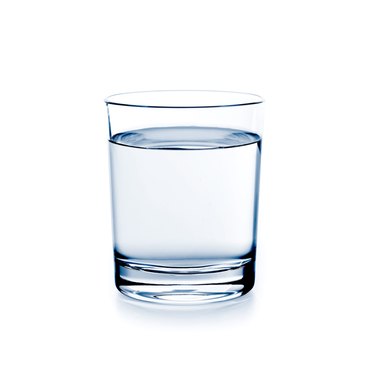
Patients who are newly diagnosed with kidney disease are often confused and scared. Instead of reaching out to their doctor or other reputable sources of information, some patients turn to misinformation found on the Internet that counsels patients to cleanse their kidneys. The bottom line is that kidneys don't need to cleansed -- either by increasing their water intake or by using products found on the Internet.
Urine Protein
Video of the Day
High levels of urine protein are a red flag for kidney disease. They can be found through urinalysis, which is commonly conducted during routine physicals or life insurance screening. Urinalysis is such a cheap and effective way of detecting urine protein that Japan and Taiwan regularly screen elementary school children, much like vision screening is nearly universal in American schools.
Video of the Day
Water Loading
When patients are first notified about high urine protein levels, many immediately start drinking water under the mistaken impression that they are cleaning their kidneys or removing excess protein from their bodies by flushing the kidneys. These incorrect notions are based upon a misunderstanding about how the kidneys work. The kidneys remove waste products from the blood. If you drink too much water, your kidneys merely have to work harder and make more urine.
Specific Gravity
While urine protein levels may be slightly lower after drinking an unusually high amount of water, this occurs only because the urine has been diluted and the concentration of protein is less. The lower protein level doesn't mean there is less protein -- it simply means that there is more water. Water loading - or drinking an excessive amount of water -- is immediately apparent because urinalysis tests also include an indicator for specific gravity. Specific gravity gravity is a ratio comparing the density of the urine compared to the density of water. If you have been drinking a lot of water, the specific gravity of your urine is lower than normal.
Next Steps
If you have high urine protein levels, your best bet is to work with your doctor and determine what is causing them. If you consistently have high urine protein, the doctor might refer you to a nephrologist to perform a renal ultrasound or a renal biopsy. Determining what is causing this is better than increasing your water intake and trying to mask the problem.